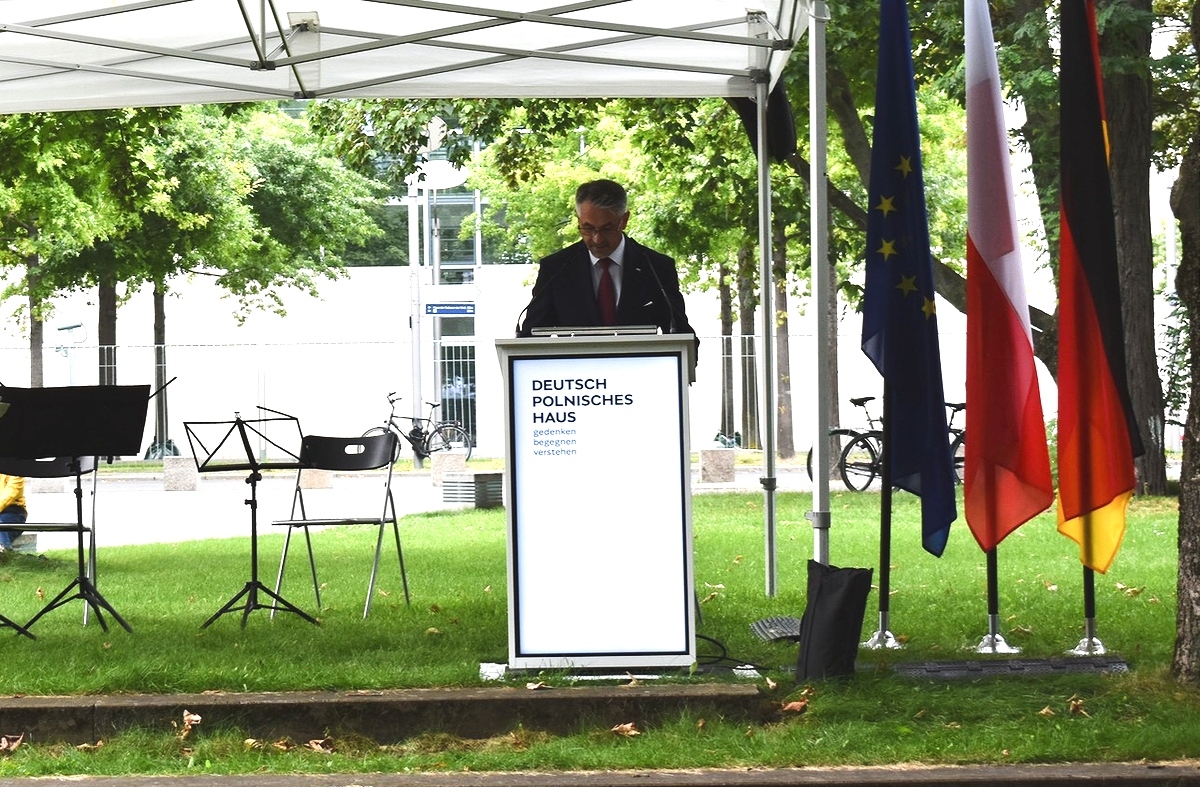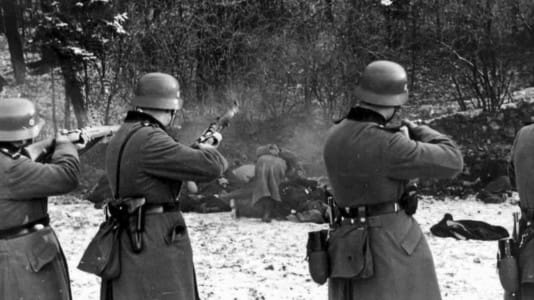The Polish Ambassador to Germany Dariusz Pawłoś used his address at the joint Polish-German commemoration of the anniversary of the outbreak of the Second World War to make a strong pitch for reparations to compensate Poland for its material and human losses during the war.
He said that “the lack of compensation for Poland means that Germany has yet to come to terms with the past.” Pawłoś appealed “to change the negative reaction to Poland’s expectations.” He argued that without that, reconciliation with Poland would be impossible, as it would mean that Germany is trying to shirk responsibility for the Third Reich and its crimes.
The commemoration was attended by German Foreign Minister Annalena Baerbock, Culture Minister Claudia Roth and former President Horst Köhler. They heard Polish Ambassador Pawłoś warn that the lack of goodwill from the German side on the reparations issue would call into question good bilateral relations between Poland and Germany and was a threat to European unity.
“If there are still no signs of goodwill from the German government, it may lead to a further deterioration of our bilateral relations, which will also have a negative impact on European unity. Poland does not want this. I hope that Germany doesn’t either,” said the Polish ambassador to Germany.
The speech contrasted with the tone adopted by the German hosts, who emphasized the weight of German war crimes and were critical of the lack of German awareness of the German invasion and occupation of Poland. Minister Baerbock admitted that Germany has failed to fully acknowledge the scale of the human tragedy that befell Poland in September 1939.
She said that “the wounds caused by the assault on human dignity never fully heal” and “that the process of reconciliation never ends.” She backed plans for the creation of a Polish-German center to commemorate the tragic history and to improve the quality of dialogue between the two nations.
Culture Minister Claudia Roth said that German aggression against Poland was backed by a commitment to genocide. She also described the Molotov–Ribbentrop Pact as perfidious, with the effects being the destruction of freedom in Poland and the Baltic States.
The German-Polish center project has been criticized in Poland for attempting to make the Second World War just a part of Polish-German history rather than a clear statement of German guilt for the invasion and occupation of Poland. It is also seen as an attempt to avoid building a monument in honor of the Poles who died, such as the one built in the center of Berlin to commemorate the Holocaust.






